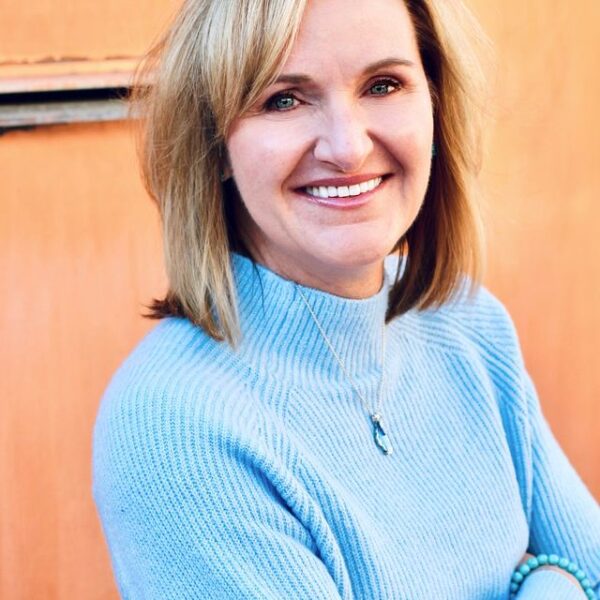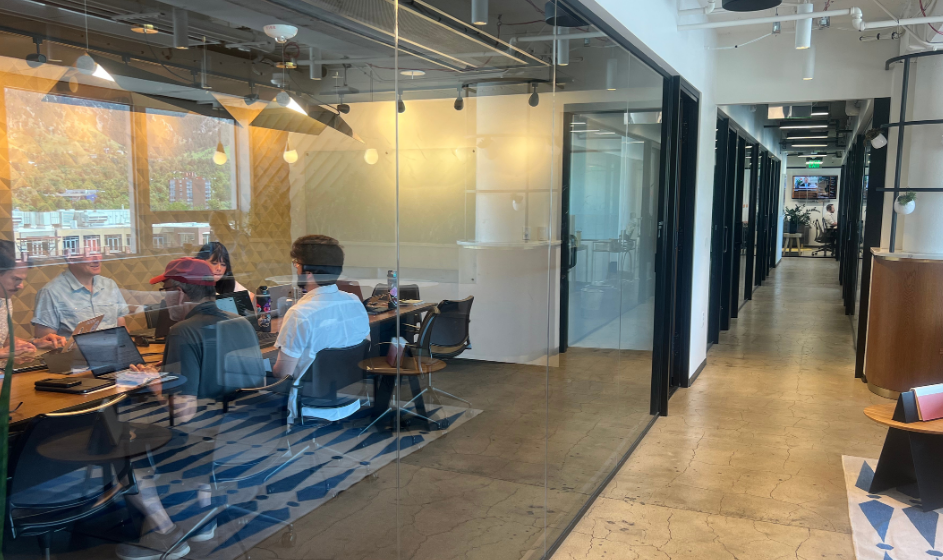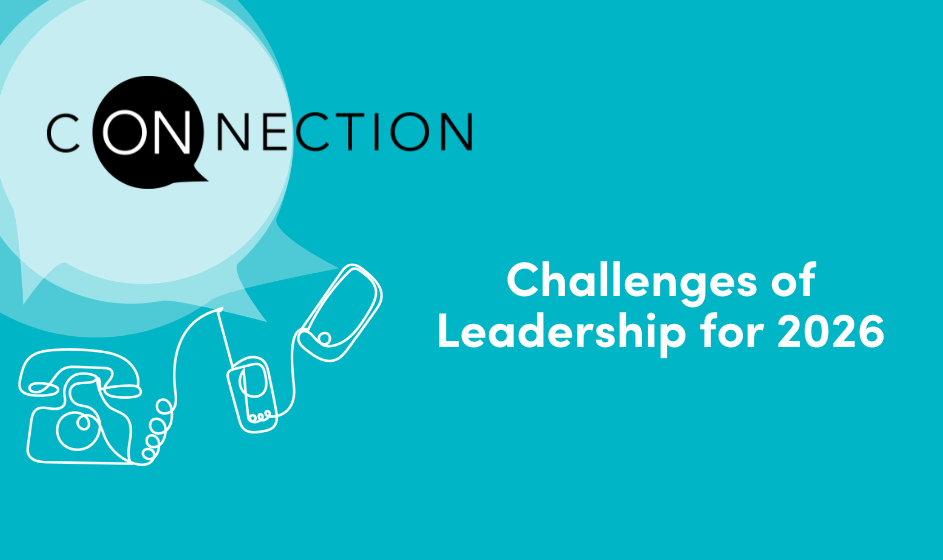When Advice Doesn’t Fit: How I Reclaimed My Authentic Leadership Style
Many leaders struggle to reconcile external feedback with their authentic leadership style. This story explores how to reflect, recalibrate, and lead with purpose.
We all get advice along the way — some of it asked for, much of it not. Early in my leadership journey, I received a piece of advice from a well-intentioned boss that stuck with me:
“You’re too facilitative. You need to lead with your opinion.”
At the time, she was a senior leader I respected. Her approach was confident and clear. In meetings, she’d begin by stating her view on a situation or a solution and then invite input. But over time, I noticed a pattern: she often felt frustrated that her team didn’t bring fresh ideas. She’d question their motivation or commitment, wondering aloud if people were disengaged.
The irony was in trying to be decisive and directive; she was unintentionally shaping the conversation before it even began. By leading with her opinion, she left little space for new thinking to emerge.
Still, I took her advice to heart. I tried to do what she did — lead with my point of view, then ask for feedback. But something felt off. It wasn’t just that it didn’t feel like me. I could tell my team wasn’t as engaged. I wasn’t hearing their best thinking. And honestly, I felt disconnected from them and from myself.
That’s when I began to reflect.
Rediscovering My Authentic Leadership Style
I’ve always led with curiosity. My default mode is to ask questions, explore options, and invite perspectives. That doesn’t mean I avoid decisions — I’ve learned that when I have made a decision, it’s important to say so clearly, explain the why, and then ask questions to uncover any concerns or barriers. That way, we can move forward together.
What I realized is this: the facilitative approach was my leadership style. It was how I built trust, sparked creativity, and created shared ownership. Trying to force a more “opinion-first” style — simply because it was modeled for me — didn’t serve my team or me.
Three Lessons That Changed My Leadership
- Don’t Emulate. Experiment.
It’s easy to assume that advice from a boss or mentor is the “right” way to lead. But leadership style isn’t one-size-fits-all. I’ve learned to experiment with new behaviors — try them on, see how they fit, and reflect on the results. If something doesn’t align with your values or strengths, it will show in your results, in your energy, and in your connection with others.
- Not All Advice Needs to Be Followed
Even well-meant advice isn’t always right for you. And sometimes it’s based on the other person’s needs more than your own growth. Eventually, I talked with my boss about what I had been trying and how being more facilitative helped me build deeper relationships and stronger team engagement.
And something unexpected happened: she learned from me. She realized her “opinion-first” style might be limiting her own team’s creativity. More importantly, she clarified what she had really wanted from me all along — to hear my perspective more openly in our one-on-one conversations.
- Go Beneath the Feedback
That conversation revealed something I wish I’d known sooner: when someone gives you feedback, especially a vague directive like “be less facilitative,” pause and dig deeper. Ask questions like:
- Can you give me an example of when you saw me do that?
- What was the impact you observed?
- What would “leading with my opinion” have looked like in that moment?
Had I asked those questions earlier, I would’ve uncovered her real request — that I be more vocal and direct with her, not necessarily that I change how I lead my team.
Reflection Fuels Growth
Looking back, that chapter in my leadership journey taught me a lot — not just about leadership style, but about how learning really happens. It’s not just through experience. It’s through reflection on experience.
We all get feedback. We all try things that don’t quite fit. The key is making space to reflect:
What felt authentic? What didn’t? What impact did it have? What did I learn? That’s how we grow — not by being someone else, but by becoming more fully ourselves.
Full Circle: What I Do Today
Today, in my role as an Executive Coach at Conversant, I help others do the very thing I learned to do myself: examine how their behavior shapes outcomes, for better or worse. At Conversant, we support leaders through coaching and leadership programs grounded in a few key development principles — ones that show up all over my own story.
First, you can’t find yourself by yourself. Like I experienced firsthand, growth often comes through experimentation, and sometimes through feedback that doesn’t land quite right. We help leaders explore new ways of leading, reflect on what feels true, and discover what really works for them.
Second, we don’t learn through experience — we learn through reflecting on experience. That reflection is where the insight lives. We help leaders to build in more rigor to reflect, for themselves and their teams, by creating space to pause, look back, and learn forward. Without reflection, development is accidental. With rigorous reflection, it becomes intentional.
And third, conversations are the work of leadership. My personal story is woven with moments of conversation with my team, with my boss, and with myself. We help leaders recognize that every conversation is an opportunity to create clarity, build trust, and shape culture. And it starts with how we show up.
That’s the real work. Not trying to become someone else, [AK7] but learning how to lead more fully as yourself.
About The Author:
Executive Coach, Senior Consultant
Krista is a leadership consultant and executive coach with over 20 years of experience in organizational and team development. She helps leaders unlock their unique strengths by aligning values, purpose, and presence, with a focus on self-awareness and authentic leadership. Passionate about neuroscience, mindfulness, and the mind-body connection, Krista weaves research into her work to support a holistic approach to leadership. Based in Northern California with her husband and two daughters, she enjoys trail running, hiking, and exploring nature with the family dog.



